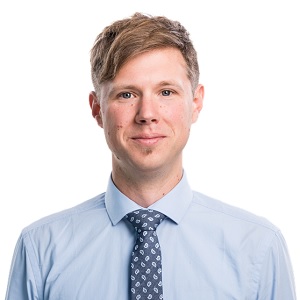Scientific disciplines are foremost communities
For a young researcher the diversification in the academic landscape can be a huge challenge: am I interested / proficient in machine learning - or pattern recognition? Am I a computer vision guy (because I work mainly on images), or in the field of predictive maintenance (because I also worked on such tasks)? Am I a data miner because I mine data, and can I also add artificial intelligence to the list of my research interests just because I have published on its sub-field of machine learning?
Communities of people
What I didn’t understand as a young researcher is that these fields are foremost communities of people: they know (and further) each other, work with each other (often implicitly, by affecting / citing each other’s work), and meet each other regularly (at the community’s conferences and workshops). Most of all, they share a common frame. This is brilliantly protraied in Breiman’s article on the two cultures in statistics and machine learning: both communities work on similar use cases and (more and more, to some extent) with a common body of methodologies. Yet they do it with a totally different understanding of their work and its goals (as becomes evident in their different view on e.g. dimensionality reduction, but that’s a different story).
Communities are a social construct, not a perfect ontology of the scientific world. As such, they overlap to some extend, may disagree, and have their own (unwritten) rules based on a common perception of “the field”. On the other hand, people strive in communities because they offer affirmation, visibility, and recognition amongst peers. They support professional development and allow to practice taking over of responsibility.
Implications
If academic fields are foremost communities of people, this has several implications for a young researcher:
-
You have to be part of a community (to strive, be furthered, be rooted). This will have a lasting effect on your career when played well (think networking & support)
-
You can only be part of a very few communities (if plural is possible here anyhow) without loosing this community effect
-
When choosing your community (i.e., the news feeds you read; venues you publish at; senior researchers to follow), don’t just look at the name and what academic concept / task it describes; look also at the people and the “groove” amongst them. Can this become your professional home?
-
When you found your home, think of becoming a part of its professional organization (e.g., a special interest group of SI, ACM or IEEE); engange in tasks in this community (serving on committees of conferences, as a reviewer, as an editor); this is a first step to long-lasting and fruitful professional relationships
